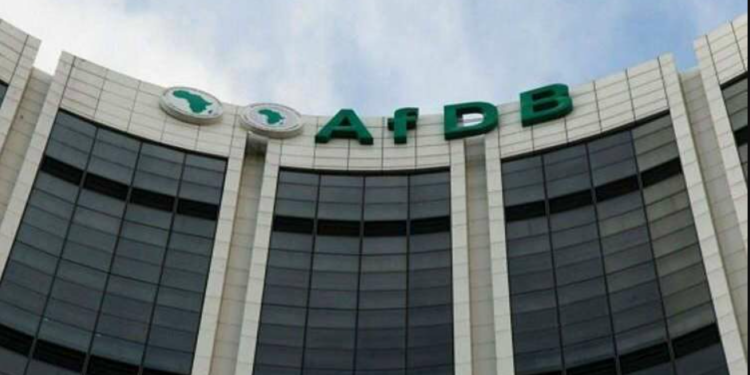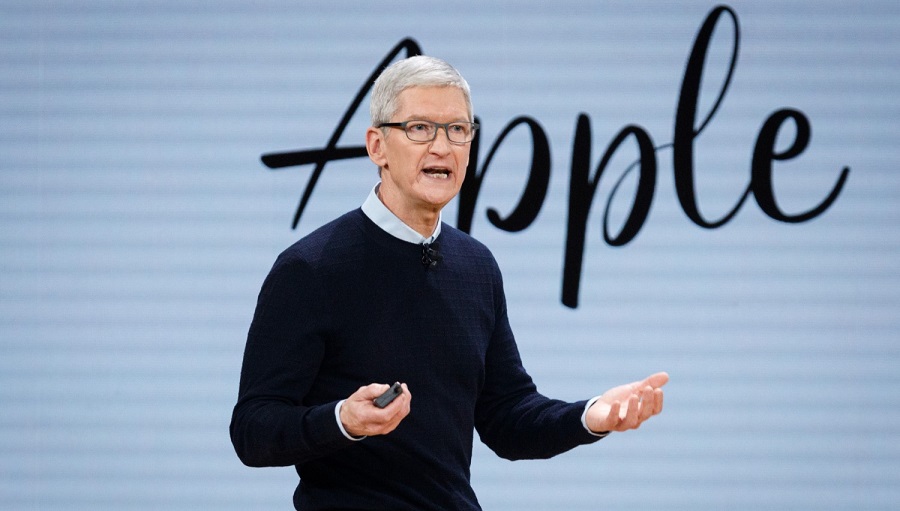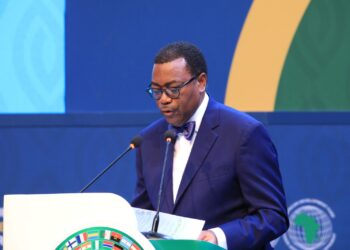The African Development Bank and technology giant Intel have formalized their cooperation to equip 3 million Africans and 30,000 government officials with AI skills.
The partnership aims to transform the African digital ecosystem, according to a statement released by the Bank.
Sealed at the recent African Development Bank’s Annual Meetings in Nairobi, Kenya, the deal will help create a critical mass of Africans proficient in Fourth Industrial Revolution (4IR) skills to accelerate growth and productivity and position Africans as contributors, not just consumers of 4IR.
AfDB added that the training will address socio-economic challenges and boost productivity in key growth sectors such as agriculture, health, and education, thereby disrupting traditional growth cycles.
Digital skills for African youth
Speaking on the partnership, African Development Bank’s Acting Director of Industrial and Trade, Development, Ousmane Fall, emphasiszed the importance of digital skills for Africa’s youth.
“With advancements in digital technology, our world is rapidly evolving, and so is our youthful population, projected to reach 830 million by 2050. To develop skills on a large scale and at the necessary speed, we need everyone’s cooperation.”
“The Bank is thrilled to collaborate with Intel to work towards this shared commitment. Together, we are shaping the digital future of Africa and empowering our youth,” he said.
Also speaking, the Director of Government Affairs Africa and IGA CTO Liaison at Intel, Bienvenu Agbokponto Soglo, stated,
“Intel looks forward to furthering its collaboration with African governments to make advanced technologies such as AI accessible to all, breaking down barriers related to geography, gender, and ethnicity, and enabling widespread participation in the digital economy.”
The partnership is also expected to support African countries, regional economic communities, and continental organizations in developing harmonized policy and regulatory frameworks in AI, 5G, Wi-Fi 6E, data, and cloud.
More insights
While African countries are currently playing catchup in the AI game, Nigeria recently launched its first Multilingual Large Language Model (LLM) as the country pushes forward to take a leadership position in Artificial Intelligence (AI) development in Africa.
However, Nigeria, as well as other African countries, is still short of talent needed to build this technology up to the level of tech giants like OpenAI, Google, and Meta. Besides, the cost of training AI has also been identified as a major obstacle for many non-industry actors in the technology revolution.
According to a Artificial Intelligence Index Report 2024 released by Stanford University, while AI companies seldom reveal the expenses involved in training their models, it is widely believed that these costs run into millions of dollars and are rising.
Citing openAI as an instance, the company’s CEO, Sam Altman, last year mentioned that the training cost for GPT-4 was over $100 million.
To illustrate the growing cost of training AI, the researchers at Stanford cited an example of the Transformer model, which introduced the architecture that underpins virtually every modern LLM, noting that it costs only around $900 to train. They, however, estimated that OpenAI’s GPT-4 costs $78 million while Google’s Gemini Ultra costs around $191 million.























